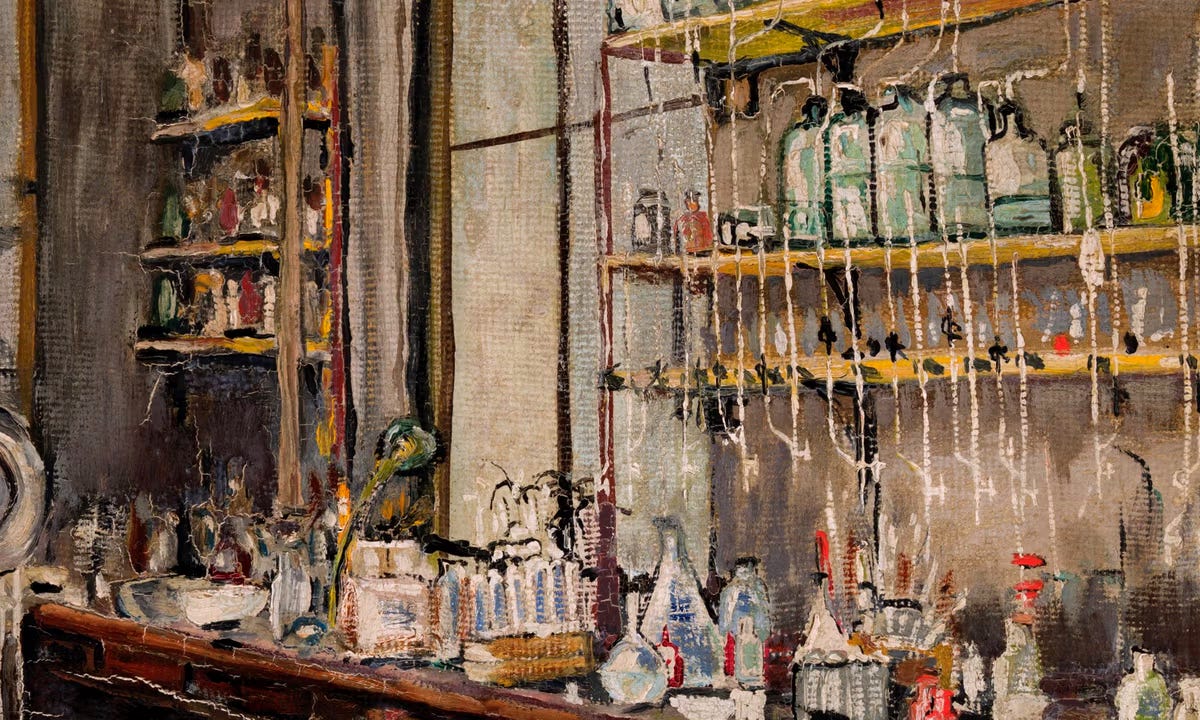In The Relationship Is the Job, I argued that relational labor — the work of presence, context, care, and ultimately, trust — will be central to working with people as manual and cognitive tasks are automated. This essay extends that thinking about the future of human work amidst the many predictions about an AI-dominant world.
© 2025 Anu Atluru
Substack is the home for great culture


